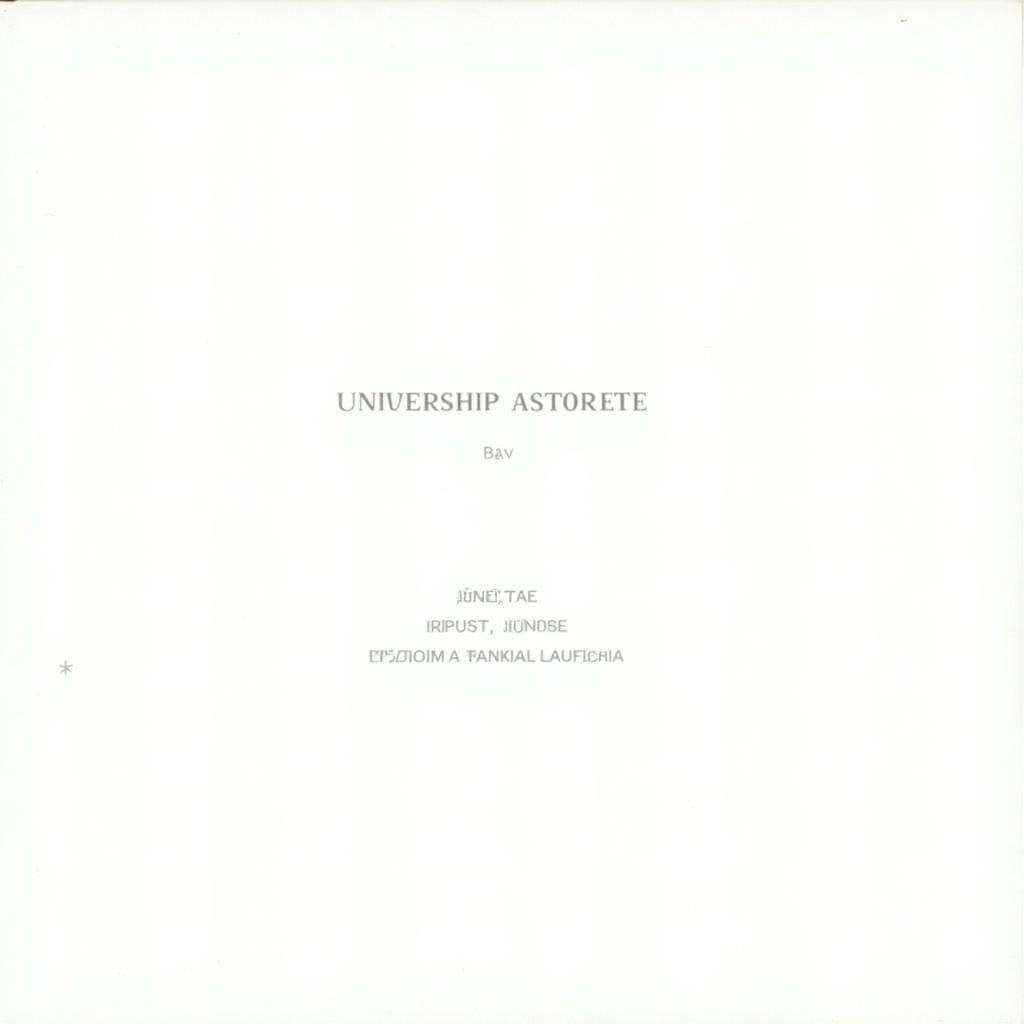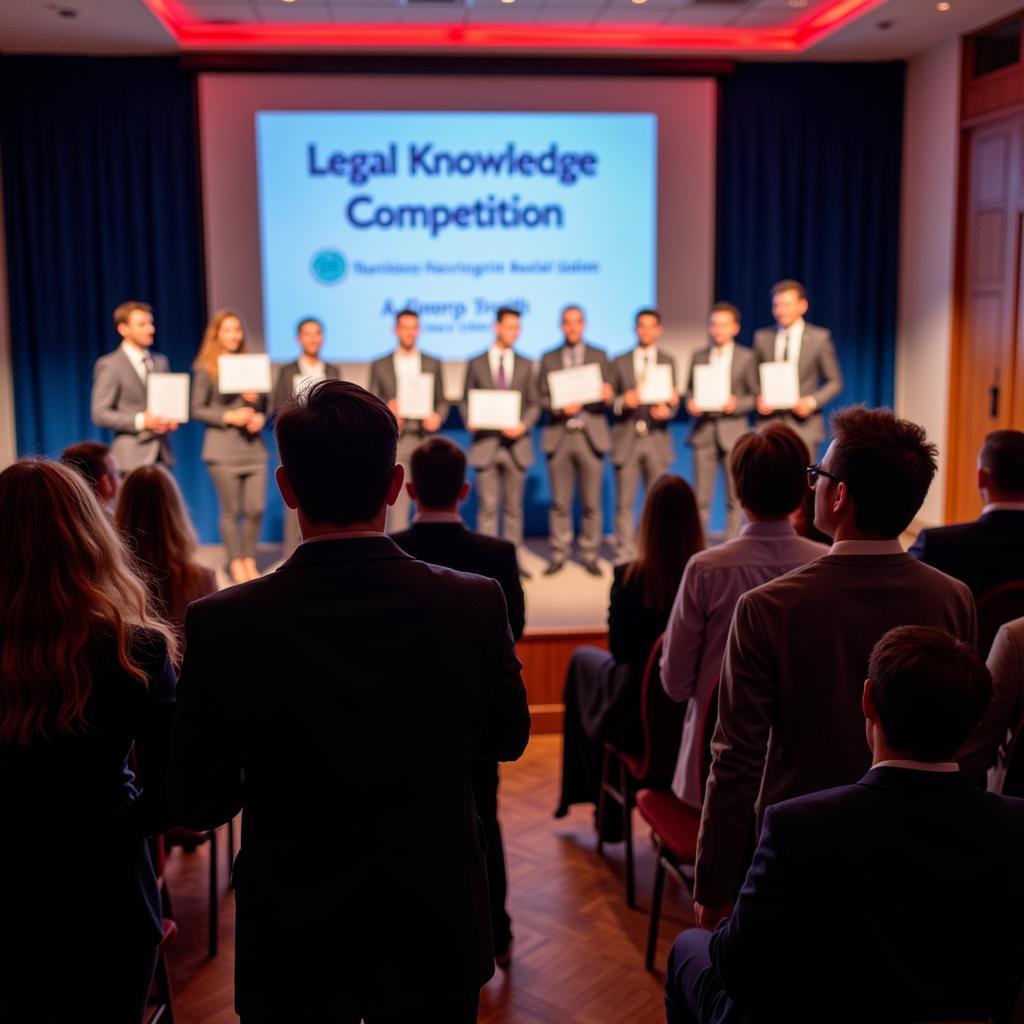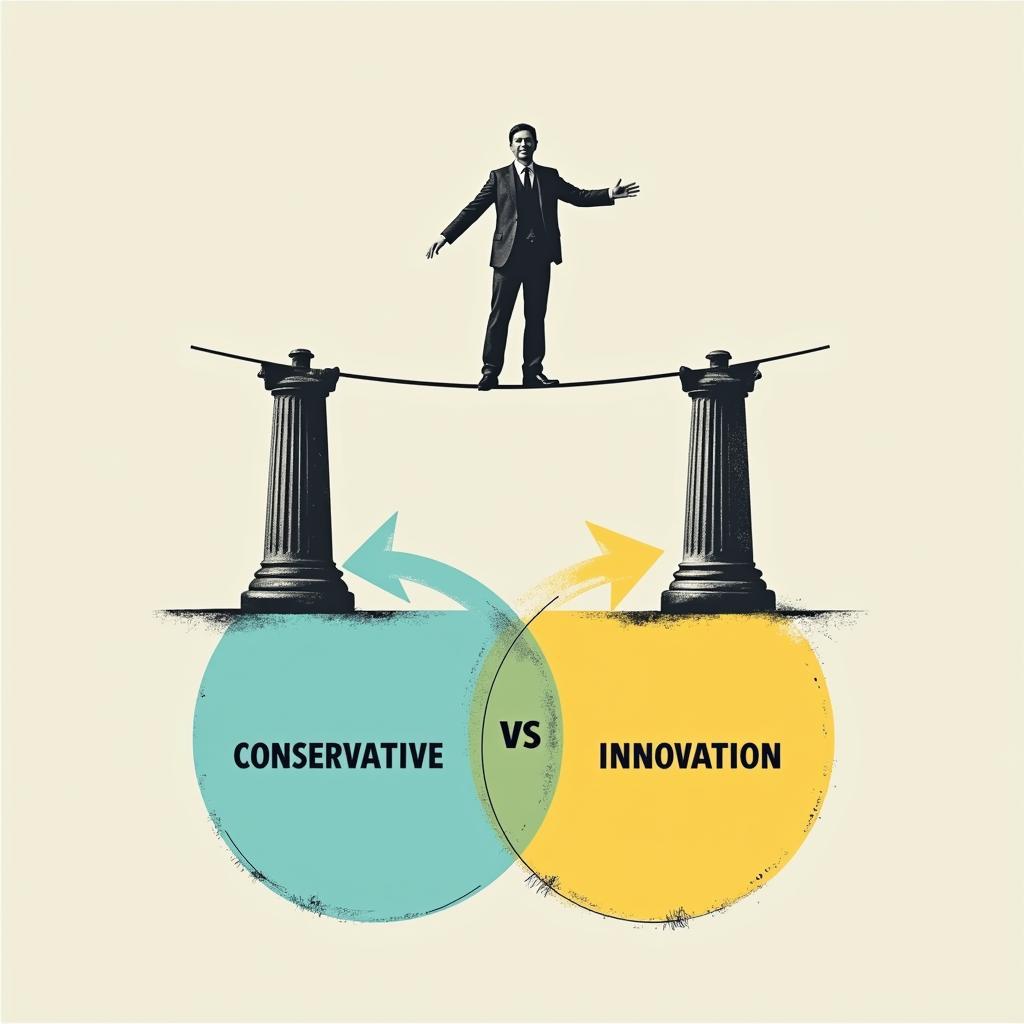
Governed by Law in English: Navigating the Legal Landscape of Video Games
The phrase “governed by law in English” is a common sight in the world of video games, often appearing in user agreements, terms of service, and other legal documents. But what does it truly mean for gamers, developers, and other stakeholders in the gaming industry? This article delves into the complex world of video game law, exploring the various legal aspects that govern this global entertainment phenomenon.
Understanding “Governed by Law in English”
The clause “governed by law in English” essentially means that the laws of England and Wales will apply to any disputes or legal issues arising from the agreement or document containing the clause. This includes matters related to:
- Interpretation of the agreement: Any ambiguity or disagreement over the meaning of the agreement will be resolved according to English law.
- Breaches of contract: Legal remedies for any violation of the terms and conditions outlined in the agreement will be determined by the laws of England and Wales.
- Enforcement of rights: The legal framework for enforcing the rights and obligations of each party involved will be based on English law.
Key Areas of Law Impacting Video Games
The video game industry is subject to a wide range of legal frameworks, encompassing:
Intellectual Property Law
This area of law is crucial for protecting the creative work that goes into developing video games. It covers:
- Copyright: Safeguarding the original expression of ideas in games, including code, art, music, and story elements.
- Trademarks: Protecting brand names, logos, and other distinctive signs associated with games.
- Patents: Securing exclusive rights for new and inventive game mechanics, technologies, or designs.
Content Regulation
Governments worldwide have implemented regulations to address concerns related to video game content, including:
- Age ratings: Classifying games based on their suitability for different age groups, often considering violence, sexual content, and mature themes.
- Content restrictions: Prohibiting or limiting the distribution of games featuring content deemed harmful or offensive.
- Advertising and marketing regulations: Setting guidelines for responsible marketing practices within the gaming industry.
Consumer Protection Law
As with any consumer product, video games are subject to laws that protect the rights of players, such as:
- Refund policies: Ensuring consumers have the right to return or receive refunds for defective or unsatisfactory games.
- Data privacy: Regulating the collection, storage, and use of personal information from players.
- Online safety: Addressing issues like cyberbullying, harassment, and online fraud within gaming communities.
The Importance of Legal Expertise in the Gaming Industry
Navigating the intricate world of video game law requires specialized knowledge and experience. Legal professionals specializing in this field can assist with:
- Drafting and reviewing contracts: Ensuring agreements are legally sound and protect the interests of all parties involved.
- Intellectual property protection: Securing and enforcing copyrights, trademarks, and patents for game developers.
- Regulatory compliance: Guiding companies through the complex web of regulations governing the gaming industry.
- Dispute resolution: Representing clients in legal disputes, such as copyright infringement claims or contract breaches.
 Intellectual Property Law in Video Games
Intellectual Property Law in Video Games
FAQs
1. What happens if a game violates content regulations in a specific country?
Games that violate content regulations may face consequences like fines, bans on sales or distribution, or even legal action against the developers or publishers.
2. Can I use copyrighted music or characters from other games in my own game?
Using copyrighted material from other games without permission is a copyright infringement and can lead to legal repercussions.
3. What rights do I have as a gamer regarding refunds or defective games?
Consumer protection laws vary by jurisdiction, but generally, gamers have the right to request refunds for defective games or games that do not meet advertised standards.
4. How can I protect my privacy while playing online games?
Be mindful of the information you share online and review the privacy policies of game companies to understand how they handle your data.
Seeking Legal Guidance
For expert advice and assistance on any legal matters related to the video game industry, contact our team of experienced gaming lawyers. We are dedicated to providing comprehensive legal solutions to protect your rights and interests.




